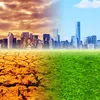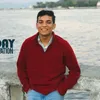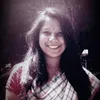How IDF's virtual event Eco Lens aims to discuss climate change impact through documentary, films
This year, IDF’s Eco Lens event will be held on November 9-10 and will showcase three documentaries that highlight the aspects leading to climate change in the world.
“It seems to me that the natural world is the greatest source of excitement, the greatest source of visual beauty, the greatest source of intellectual interest. It is the greatest source of so much in life that makes life worth living.” – David Attenborough, British broadcaster and natural historian.
Today, we are witnessing the effects of climate change in every part of the world. From severe air pollution, melting ice caps, to forest wildfires, to rapid cyclonic activities — these effects are only increasing with each passing year.
Meanwhile, we saw climate activists like Greta Thunberg taking the world stage and spreading awareness about the unprecedented issue at hand. Besides her, many individuals and groups have been doing their part in saving the planet.
However, storytelling has been one of the influential ways to educate people and start an engaging conversation around the ill-effects of climate change. For this reason, the Indian Documentary Foundation (IDF) has started the Eco Lens virtual forum.
“Our organisation, IDF, is based on the premise of using art for change. We've always encouraged documentary films — one of the most powerful ways of communicating — to propel important issues,” Urmi Chanda, Project Lead, Eco Lens tells SocialStory.
Inspired by the Climate Story Lab, UK, the climate justice-centric virtual event will be held over two days with half a day sessions on November 9-10.
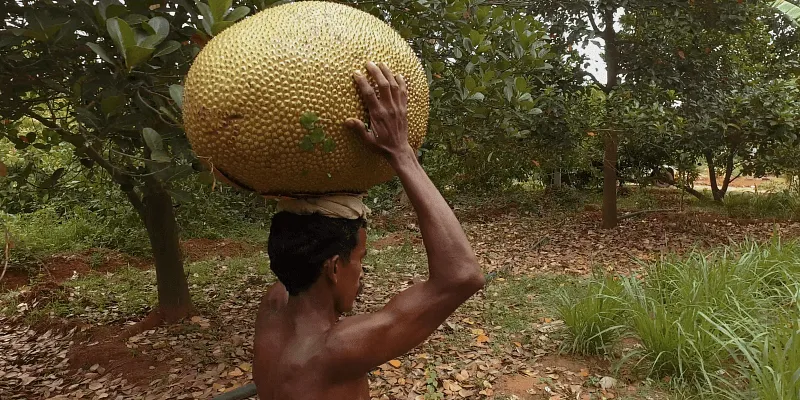
A still from 'Jack Journeys'
The virtual event will see climate justice activists, media-makers, changemakers, environmentalists, scholars, policy experts, and corporates coming together to accelerate climate communication in the creative community. The event is hosted in association with Internews, Earth Journalism Network, and Earthday Network.
Established in 2011, IDF — a non-profit organisation —aims to grow the documentary climate of India and establish an environment that will educate and inspire people to support films for change.
In its Eco Lens programme, IDF will showcase three films on climate change from its previous Good Pitch India editions, accompanied by panel discussions and knowledge sharing sessions by environmentalists, branding experts, economists, scientists, strategists, and climate campaigners.
Focus on climate change
“Each of the documentaries chosen for this year is focussed on climate change and has been part of the ‘Good Pitch’ editions and IDF events before. But, we wanted to re-focus on them on a platform dedicated to the climate crisis/solutions,” says Urmi.

Poster: Coral Woman
Although Eco Lens may sound like a niche programme for environment filmmakers, the truth is, it is for everyone. “The climate crisis affects all of us equally, and we must learn some hard lessons. There are perspectives for everyone here, and we invite anyone who shares our concern for the planet to join,” she adds.
Speakers, including Darrell Wade, Chairman of Intrepid Foundation; Pradeep Nair, Regional Head of Ford Foundation; Tessa Khan, Co-director of the Climate Litigation Network; Asad Lalljee, CEO of Avid Learning; and Malinda Wink, Global Director of Good Pitch, among many others will be sharing their thoughts at the two-day virtual event.
“Whether you belong in the education sector, the corporate, or the non-government sector; whether you are an activist, an artist, or a student, you'll learn the most important aspects and solutions of this problem, and how best to convey these ideas forward,” Urmi claims.
Documentaries for change
This year, IDF has chosen three documentaries — 'Coral Woman' by Priya Thuvassery, 'Jack Journeys' by Vinod Raja, and 'Tale of a River' by Abhaya Simha and N. A. M. Ismail to showcase at its Eco Lens event.
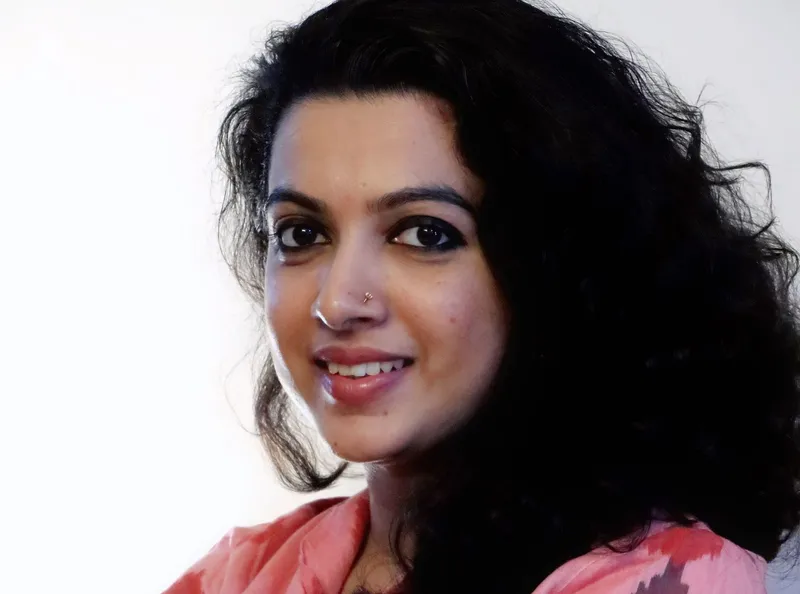
Priya Thuvassery, director of Coral Woman
‘Coral Woman' deals with the problem of marine pollution in general and coral bleaching in particular. Through the story of a 50-year-old protagonist, the movie reminds its viewers that no effort is small, and one person can inspire huge ripples of change.
'Jack Journeys' focuses on the humble jackfruit, calling it the “Treasure in our backyard.” The film discusses the various solutions the resilient fruit tree offers in the realms of veganism, food shortage, and drought.
'Tale of a River' highlights the case of the Nethravati River diversion in Karnataka. It elucidates the disastrous consequences of large-scale 'development projects' have on the natural systems.
“There is a huge gap in awareness and action. We felt an urgency to share information and create awareness to stem the devastation the film had revealed. Our impact plans took birth. These plans focus mainly on the youth, given their power as changemakers,” shares documentary filmmaker Priya Thuvassery.
Creating an action plan
Post the event, IDF plans to bring together artists and changemakers and create an environment where solutions are inspired and pledged. For this, Eco Lens will act as the catalyst.
“Whatever pledges of support are generated on the day are then to be actioned/executed by the filmmakers. Meanwhile, we work on our next plan of catalysis and offer a lab that people can learn for each other," says Urmi.
“You could think of Eco Lens as a pilot project. IDF intends to keep creating and hosting more such programmes in the future, with a special focus on climate and gender,” she concludes.
Edited by Suman Singh


